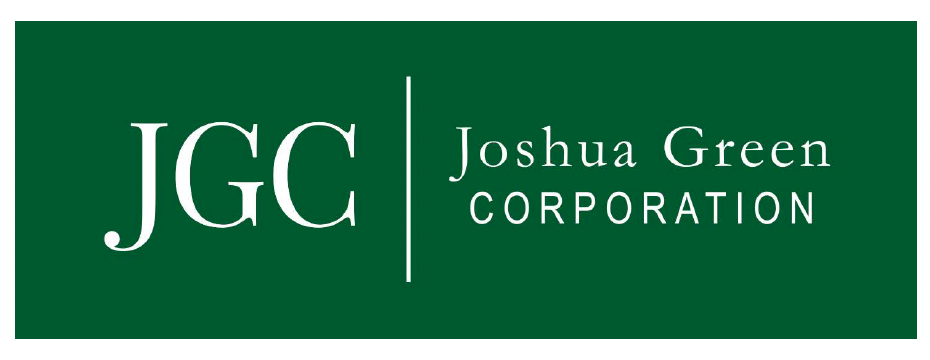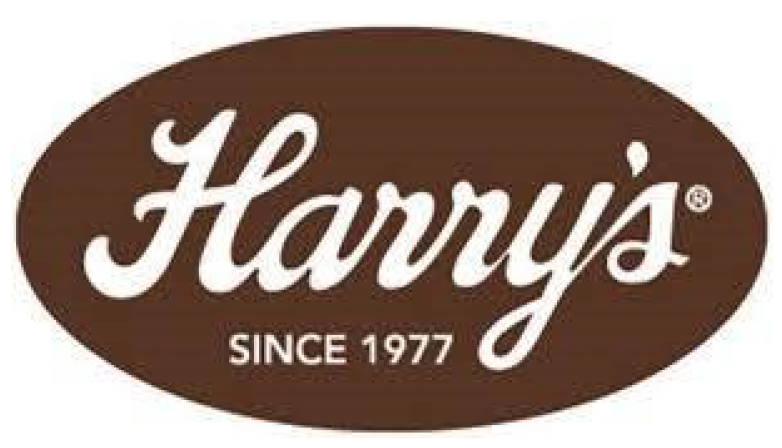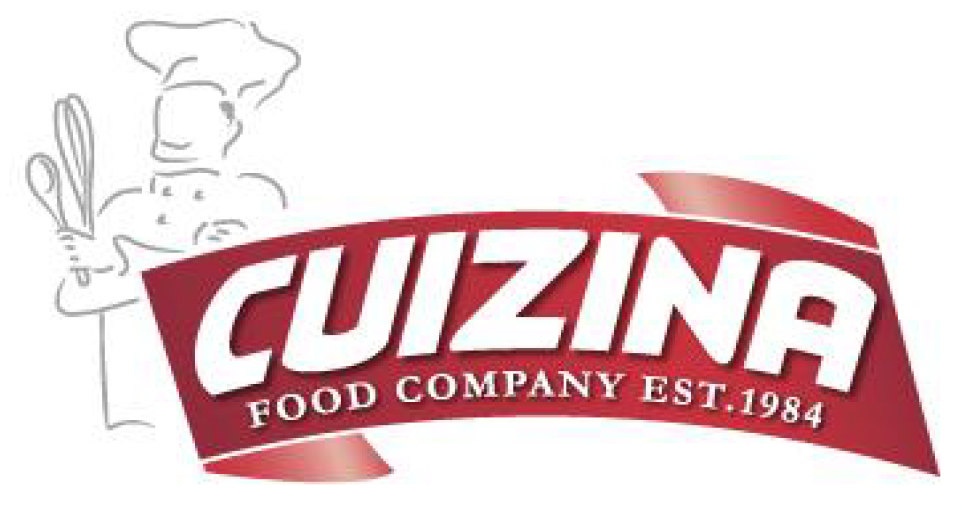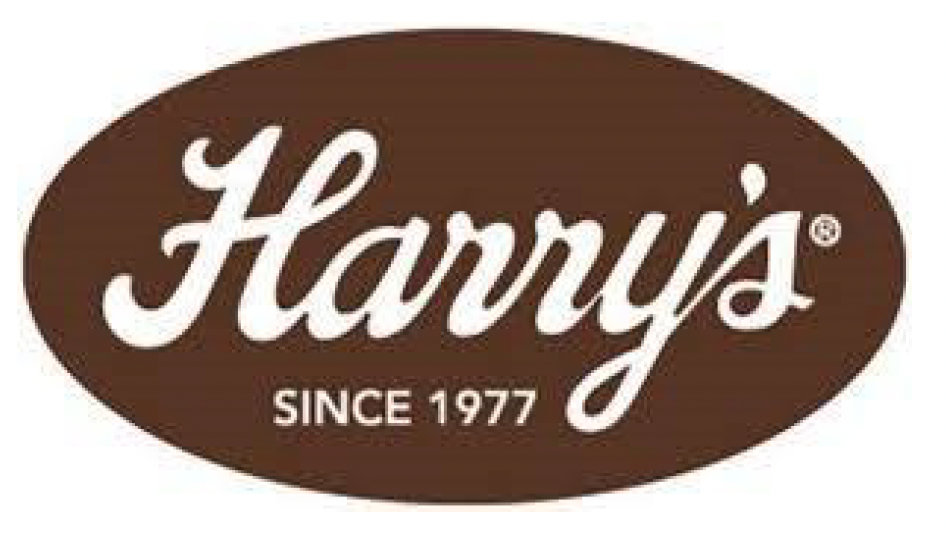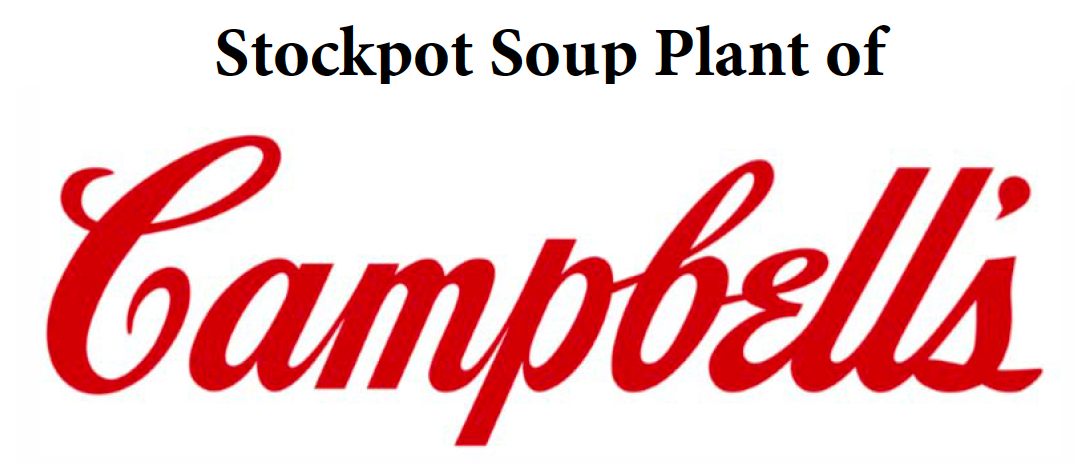It’s not controversial to state that every business is unique in terms of its market position, competitive characteristics, operational dynamics, and prospects. In a strategic combination, these aspects are accentuated, because the value of a business is its value in combination with a specific buyer (and the buyer’s own unique elements). Finding the right combination of buyer and seller that allows the optimal use of the characteristics of the collective businesses requires an intimate knowledge of each business, operational realities, and market dynamics.
One good example of this was the ultimate sale of Harry’s Fresh Foods, owned by the Seattle-based Joshua Green Corporation, to Kettle Cuisine. Harry’s and Kettle Cuisine were both contract manufacturers of private label soup products for sale in club store and grocery retail. They operated in different regions and had some, but not total, overlap in customer base.
Harry’s Fresh Foods began with a modest acquisition by Joshua Green of Cuizina Fine Foods (Woodinville, WA). Several years later, Harry’s Fresh Foods (Portland, OR) was acquired by Joshua Green, and all of Harry’s and Cuizina’s production was merged in Harry’s Portland facility. The “new” Harry’s national-scale customer base made acquiring a production location in the Eastern US the next logical step for the business.
After several attempts at acquiring in-place operations, including an attempted acquisition of Kettle Cuisine (Boston, MA), Harry’s set out to establish a greenfield soup plant in Nashville, TN to accomplish national coverage of its retail customer base. The new build and eastward expansion proved difficult, and Harry’s ownership realized that it would be very challenging to achieve the scale necessary to be a successful long-term national competitor from existing operations.
In contract food manufacturing, long-term competitiveness is dependent on (among other things) being a low-cost producer. At the time, it was well-known that one of the most efficient plants in the industry was Campbell Soup Company’s private label plant (previously known as the Stockpot plant) in Everett, WA. We helped Harry’s management prepare a strategic combination presentation to show the additional profit that could be earned if the two Harry’s plants were consolidated into the Stockpot plant and approached Campbell’s with the idea—we expected that either Campbell’s would offer to co-pack at an attractive cost to Harry’s, or, more likely, would want to acquire Harry’s. We were surprised when Campbell’s told us that it was planning to exit its contract manufacturing business and offered to sell the Stockpot plant to Harry’s.
We and the owners of Harry’s proceeded in a bold move to enter into an agreement to acquire the Everett facility. At the same time, we prepared an approach to the owners of Kettle Cuisine. Kettle Cuisine was known for its highly efficient new plant in Boston, MA and had attempted to expand to the Western US with acquisitions of two old and inefficient plants in California—a mirror image of Harry’s own expansion efforts. With a detailed knowledge of the operating economics of the Stockpot plant, Kettle Cuisine’s Boston plant, and the products being produced by both companies, we were able to put together a detailed integration plan to show the impact of collapsing all of the two companies’ production into two super plants – Everett and Boston. We brought the plan to the owners of Kettle Cuisine with the idea of a merger, and they immediately saw the potential value creation that could only be achieved with this specific combination. We began the complicated process of negotiating a sale of Harry’s and rollover investment for Joshua Green into Kettle, while simultaneously negotiating Harry’s purchase of the Everett Stockpot plant from Campbell’s.
In the end, Harry’s acquired the Stockpot plant in Everett, the “new” Harry’s was merged into Kettle Cuisine, and the “new” Kettle Cuisine consolidated its operations into its most efficient production facilities, overhauling the manufacturing economics of the company. The implementation of the integration plan took more than a year, but resulted in the industry’s leading contract soup manufacturing company in North America.
We are proud of our role in this story. We helped a longstanding client, Joshua Green, throughout many steps (both transactional and strategic), over several years, to achieve an important outcome. We believe this experience highlights the depth, creativity, and care we bring to complex situations and to our clients.
“"We have worked with several individuals at Zachary Scott on a variety of engagements ranging from debt and equity investments to due diligence and advisory engagements. Without exception, we have found Zachary Scott to be very responsive and professional.
What sets them apart from other firms with whom we have worked is their candor in openly sharing their reasoned opinions. The team at Zachary Scott takes very seriously the engagements for which they are hired, and they do not simply provide the advice that the client wants to hear."”
Strategic Value Determination
Although knowing what value a business might have to its current owners is worthwhile when...

